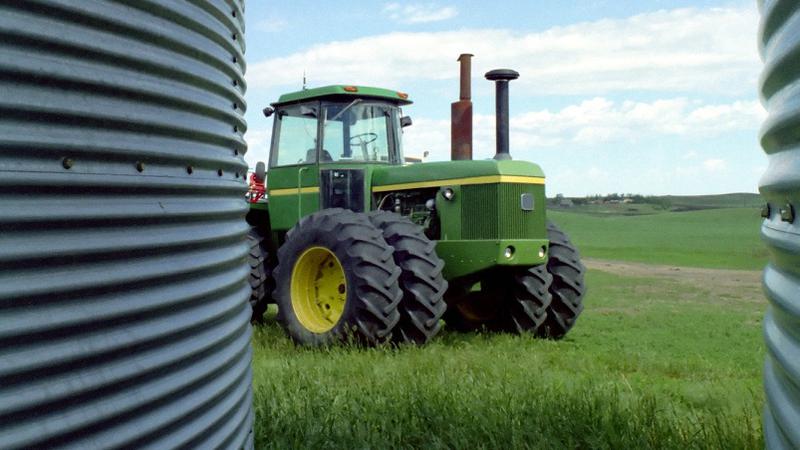
Saskatchewan Farmers face increased challenges with Clean Fuel Standards
The Saskatchewan Association of Rural Municipalities (SARM) believes the implementation of clean fuel standards on July 1 will impact farmers’ bottom line.
The new regulations will cover the entire life cycle of fuels, from production and transport to consumption.
In a statement, SARM said the farming community is grappling with challenges arising from the implementation of the standards.
SARM President Ray Orb said the requirements will lead to increased fuel prices.


